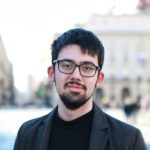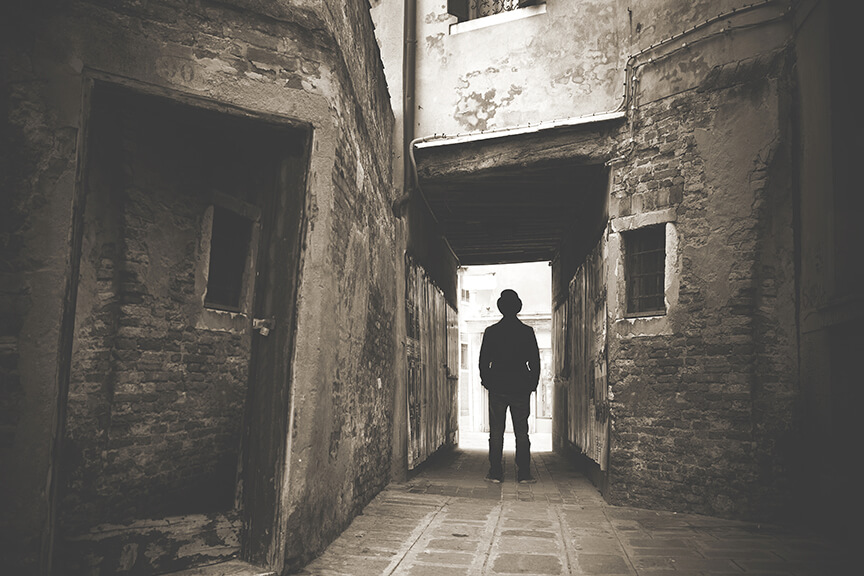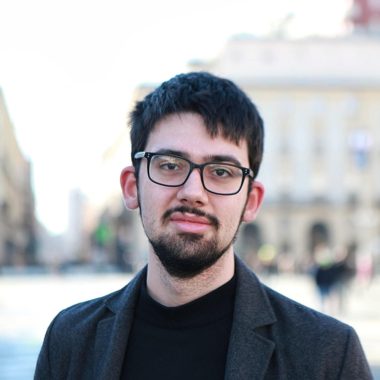Italian history has a new day to remember forever. Last January 16th the most wanted Mafia boss Matteo Messina Denaro was arrested after 30 years on the run.
A prominent member of Sicilian mob Cosa Nostra, Messina Denaro has been responsible for several kidnappings, brutal murders and terrorist attacks all across the country, especially in the late 80s and early 90s, when the Sicilian Mafia prompted a war against the Italian State which pursuing a terror strategy.
Those years are still a mystery in Italian public consciousness, many journalists and judges believe that there was actually an on-going negotiation between the Mafia and the State with the bombings and crimes being just a source of leverage for the former in order to free their inmates and to abolish the strictest imprisonment conditions.
Italy’s most famous judges, Giovanni Falcone and Paolo Borsellino, both killed in 1992, expressed concern more than once for the obscure links between organized criminality, politics and business. Most of the information is still vague, as Borsellino’s secret diary with all the details of his investigations was mysteriously stolen soon after he was killed. So Matteo Messina Denaro comes in this scenario as a living depository of the secrets that have taunted Italy for decades.
Yet no one thinks he will actually talk and some details of his arrest help explain why. He was caught in a private hospital in Palermo, the capital city of Sicily, right in the middle of Mafia’s historical zone of influence. There’s even a selfie portraying him with a cherished nurse.
Moreover, three of his bunkers were soon found in Campobello di Mazara, in his territory, one town away from where he was born and he has ruled for decades. Witnesses have revealed how he didn’t put so much effort into hiding himself—he went to the supermarket, greeted people, and lived a few meters close to a bar where some of his men were arrested last September. It’s like he never left home and it’s simply impossible to believe no one who could have acted knew.
Staggeringly, on November 5th 2022 Salvatore Baiardo, known for having been a close collaborator to the Graviano Mafia family, released a television interview stating “Maybe, who knows, that a little present comes (to the new Italian government, ed). That maybe, let’s assume, that Matteo Messina Denaro is very sick and makes a deal to turn himself in, creating a sensational arrest. And so by arresting him maybe someone comes out who has a hostile life sentence without any hype. That would be a feather in the government’s cap, a nice little gift.”
He even predicted the day, close to the 15th of January, when another bloody Mafia boss, Totò Riina, Messina Denaro’s mentor, was arrested in 1993. Moreover, he knew the boss was sick and indeed it was discovered that he has advanced cancer.
Such revelations, read after the arrest, sparked doubts about the official narration of the events and has aroused distrust towards the public authorities for the alleged negotiation, while the government soon attempted to take the credit for the arrest. Even though institutions started to celebrate, anyone questioned “who covered him for so long to the extent that he didn’t have to live abroad?”
It is known that some important politicians helped him, like the currently imprisoned Tonino D’Alì, ex-Senator and under-secretary of the ministry of internal affairs in second and third Berlusconi cabinets (2001-2006). But the web of relations has to be deeper, Messina Denaro could claim links in the US, in Venezuela, Germany, Spain et cetera. He has infiltrated banks, business, politics and whole towns.
The personal health of the boss, close to death due to cancer, suggests besides that his arrest cannot be seen as a win, but rather a voluntary surrender if seen through Baiardo’s declarations.
Of course his imprisonment is important, no one can question that prison is where he belongs, but it’s somehow disappointing to know that probably he set it all up, living calmly in his homeland till he wanted. as if his hands weren’t dirty of blood. That’s evil and there are probably no words to express how harmful it is to see that it has prevailed for so long and that it is still outside, only without Messina Denaro’s face.
Author
-

Dario Pio Muccilli is the Star-Revue’s Italian correspondent, based in Turin. Email him at muccillidariopio@gmail.com
View all posts
Dario Pio Muccilli is the Star-Revue’s Italian correspondent, based in Turin. Email him at muccillidariopio@gmail.com











3 Comments
The arrest seems like it was coordinated in advance. I had heard he was terminally I’ll with cancer, prior to his arrest from a friend from Italy.
This speculation has been going on ever since the arrest. But as everybody knows there’s no evidence. Indeed, to the contrary. If it was coordinated in advance, how come he left trails of evidence which will lead probably to approx 15-year sentences to Andrea Bonafede, Alfonso Tumbarello, Giovanni Luppino and many many more. Doesn’t make sense. And even Matteo himself has denied pentito Baiardos wild guesses which guesses are quite easy to make i.e. there’s a high probability that a 60-year old man could be suffering from one or more illnesses.
Dario Says in reply: We’ve of course to take Baiardo’s words with a grain of salt, due to his well-known commitment in crime. Still, that a former (?) Graviano’s collaborator felt the need to talk in TV about a possible arrest is somewhat striking. Secondly, the fact that three people that helped Messina Denaro were arrested doesn’t mean a lot, unless we believe they were the only ones helping him during the last 30 years. Moreover, there’s a former Under-secretary of State, D’Ali, in prison for having helped the Boss, meaning that Messina Denaro had links in the deep state. Stating that there’s a back story doesn’t mean always portraying a QAnon-style conspiracy, otherwise no judge or police would enquiry on this matter, as they’re indeed doing.